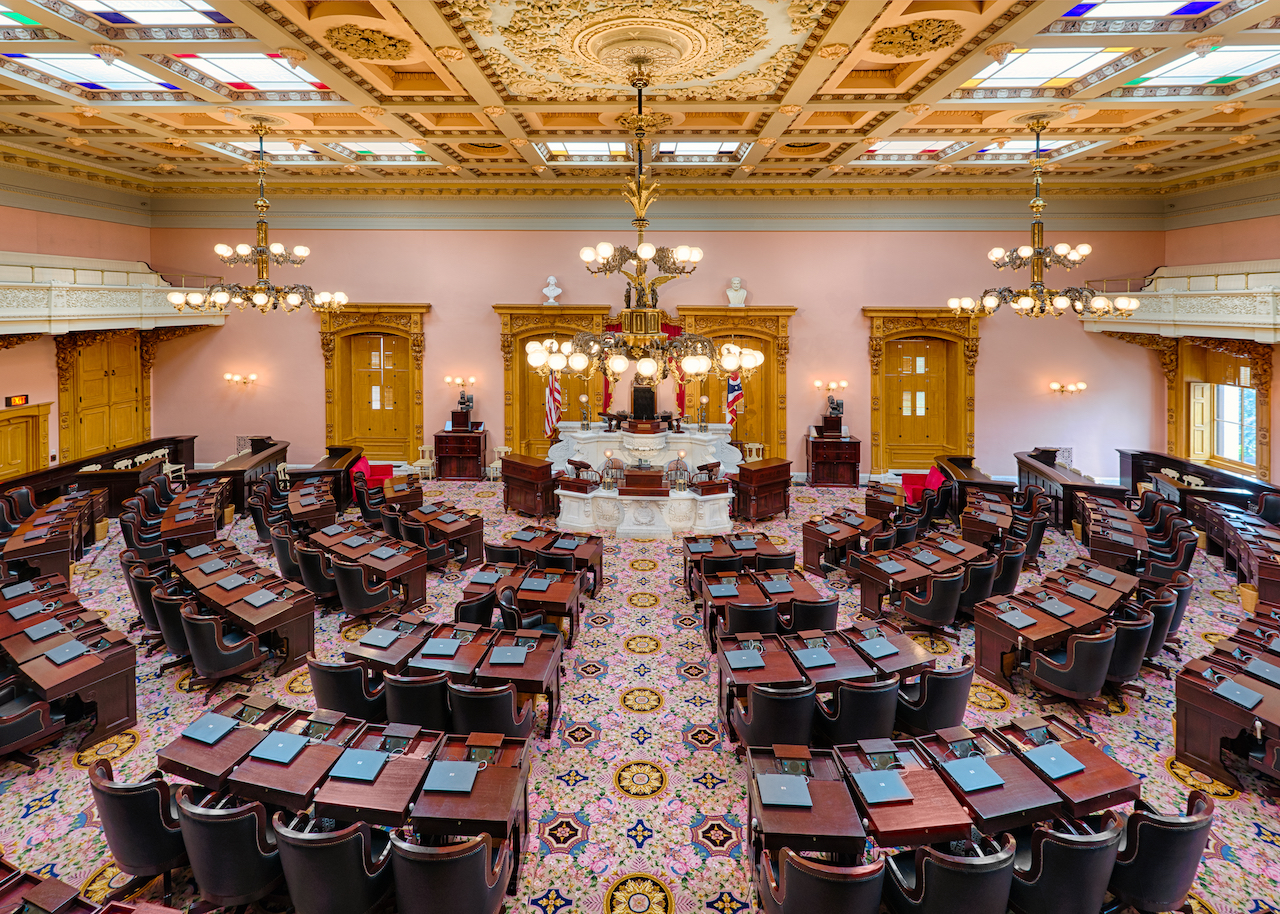Local businesses targets of relief efforts from new legislation

It’s not easy being a small business anywhere these days, as collateral damage from the coronavirus pandemic continues to mount. But things may be getting a little easier for small businesses in Ohio, as new legislation at both the state and city level seeks to offer them protections.
The first of these is the Ohio Business Fairness Act, which passed in the Ohio House of Representatives on Nov. 18. Known formally as House Bill 612, the legislation would allow small businesses to stay open–as long as they comply with the state’s other safety guidelines–even if the Ohio Department of Health orders business closures.
The bill, introduced by republican representatives Jon Cross and Shane Wilkin and endorsed by groups such as the Ohio Council of Retail Merchants and Ohio Small Business Council, passed with a 75-11 vote and will now be heard in the Ohio Senate.
BROUGHT TO YOU BY
And this sort of legislation is taking place at the local level as well. On Nov 23, the Columbus City Council passed an ordinance that imposed a 15% cap on delivery fees that third party services such as Uber Eats and DoorDash charge to restaurants for their services.
According to a press release from the council, before the ordinance (which became effective immediately and will last for 120 days), restaurants were often charged 30% of the purchase price for delivery services.
This move is likely an even bigger win for local restaurants due to the current business restrictions in place, as delivery sales now make up an even larger portion of business for many local eateries. The ordinance also prohibits delivery services from garnishing tips or wages from delivery drivers to counteract the fee new cap.
“Restaurants add to the character, culture, and vibrancy of our neighborhoods,” said Columbus City Council President Pro Tem Elizabeth Brown in a statement. “As necessary public health restrictions continue to be enforced for as long as this pandemic lasts, this fee cap is an important step to help our restaurants continue operating.”
BROUGHT TO YOU BY




